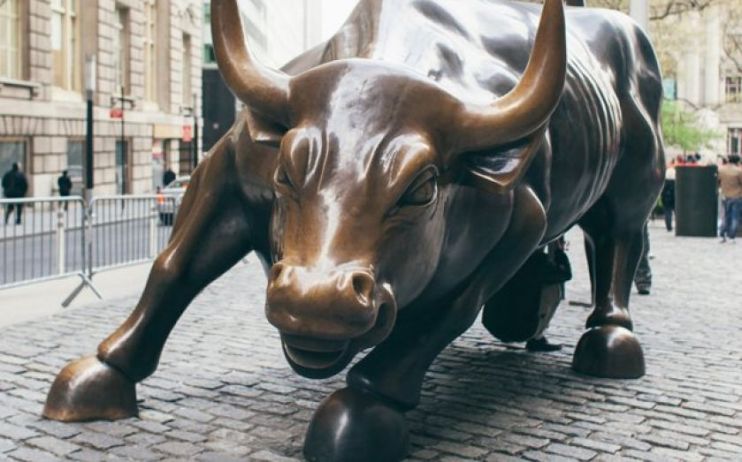In defence of capitalism: Why greed can be good for consumers

In the seventh of an eight-part series, sociologist and author Dr Rainer Zitelmann pulls apart the arguments against free markets. This week, he takes on the idea that capitalism uniquely creates greed and selfishness
The British economist Paul Collier has put together a series of proposals on how capitalism should be ‘reformed.’ He criticizes the “moral deficit” facing “modern capitalism” and claims that “greed is good” – the iconic catchphrase of Gordon Gekko in the 1987 film Wall Street – is the maxim of modern capitalism, and that capitalism is therefore in urgent need of an ethical correction.
In 2020, Collier co-wrote the book Greed is Dead with his British colleague John Kay, in which they paint a biased picture of a capitalism dominated by “market fundamentalism” and “individualism”: “Markets are not seen as mechanisms for mutually beneficial exchange but places where people try to outsmart each other for their individual profit.” With twenty-first century capitalism so out of kilter, Collier believes the solution is to restore the concept of “public interest” to the center of economic life and require companies to align themselves with the “public interest” rather than solely with the pursuit of profit.
Collier wants citizens to play the role of ‘policemen’ who watch over companies to make sure they are acting in the public interest. He isn’t proposing a state police force, but self-empowered activists, legitimized by no one, to spy on and monitor companies. “Every regulation can be subverted by clever box-ticking; every tax can be reduced by clever accounting; every mandate can be fudged by motivated reasoning. The only defence against such actions is an all-seeing police force … This gentle policing role does not require everybody to be a part of it; there is a critical mass of participants above which the risks arising from corporate misconduct become too high to entertain.”
Do we really need spies, informers and an “all seeing police” to make capitalism “better”? Are greed and unbridled egoism really – and today more than ever – the driving forces of capitalism? The self-interest of every human being is one, though certainly not the only, driver of every human action. But this has nothing to do with a specific economic system.
Totalitarian ideologies seek to diminish the ‘I.’ They want nothing more than to subordinate it to the ‘we,’ as demonstrated by two of the maxims of National Socialism: “Du bist nichts, dein Volk ist alles” (“You are nothing, your people are everything”) and “Gemeinwohl vor Eigenwohl” (“Public interest before self-interest.”)

In a speech in November 1930, Adolf Hitler said: “In the entire sphere of economic life, in the whole of life itself, one will have to do away with the idea that the benefit of the individual is the essential thing and that the benefit of the whole is built on the benefit of the individual, i.e. that the benefit of the individual is what gives rise to the benefit of the whole in the first place. The reverse is true: the benefit of the totality determines the benefit of the individual … If this principle is not recognized, then a selfishness must inevitably set in and tear the community apart.”
Adam Smith emphasized the benefits of selfishness, not primarily in terms of pure self-interest, but precisely because people need help from others all the time. However, he also highlighted the fact that no-one can rely solely on the goodwill of others: “He will be more likely to prevail if he can interest their self-love in his favour, and show them that it is for their own advantage to do for him what he requires of them … It is not from the benevolence of the butcher, the brewer, or the baker that we expect our dinner, but from their regard to their own interest. We address ourselves not to their humanity but to their self-love, and never talk to them of our own necessities but of their advantages.”
Selfishness has always been a human trait. But in capitalism, it is restrained by the fact that only the entrepreneur who primarily focuses on the needs of customers can be successful. Empathy, not greed, is the basis of capitalism.
Empathy is the ability to recognize and understand another person’s feelings and motives. And this is the most important quality of successful entrepreneurs. Let’s take Steve Jobs as an example. He invented products such as the iPhone because he understood better than others the needs and desires of people in modern society.
Rainer Zitelmann is a historian and sociologist. His book In Defence of Capitalism has just been published. https://in-defence-of-capitalism.com/